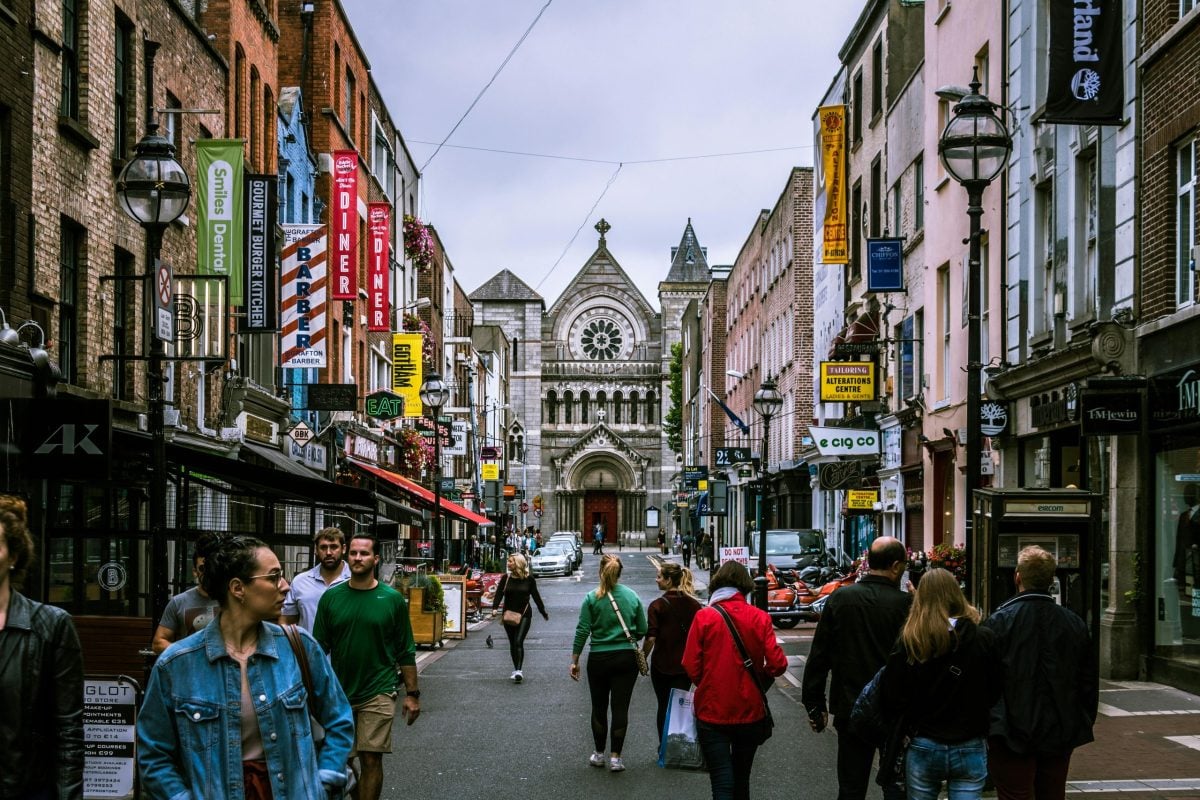Uncategorized
Uncovering the Lost Voices of Ireland’s Magdalene Women
Behind Closed Doors: The Untold Stories of the Women Lost in Ireland’s Magdalene Laundries
Estimated reading time: 5 minutes
Key Takeaways
- Magdalene laundries were institutions that exploited vulnerable women.
- Over 30,000 women were affected by these institutions between the 18th and 20th centuries.
- The last Magdalene laundry closed in 1996, revealing ongoing injustices.
Table of Contents
Introduction
The Heart of the Story
The Wider Echo
The Now & The Next
Did You Know?
FAQs
Final Word
Introduction
In the corners of our collective memory, where the light barely reaches, lies the haunting legacy of the Magdalene laundries — silent testimonies of resilience wrapped in layers of heartache. These institutions, often shrouded in stigma and despair, were places where women were robbed of their youth, their voices muffled beneath the weight of societal judgment and erasure. In sharing their stories, we reclaim not just their pasts, but also our history, woven tightly with threads of sorrow and injustice.
The Heart of the Story
From the cobblestone streets of Galway to the fog-draped hills of Donegal, countless women found themselves in these laundries in the 20th century — labeled as ‘fallen’ or ‘unruly’. They were mothers, daughters, and sisters — loves torn asunder by the harsh hands of a society more keen on punishment than redemption. Their stories are interwoven with grief, with sisters who saw one another stripped of freedom, hushed in the name of faith. Take the story of Margaret, one of the many who spent her teenage years behind the cold stone walls, where hope flickered dimly and camaraderie became a lifeline. These ladies forged bonds in the darkness as they scrubbed away the stains of an unforgiving world — their laughter mingling with the echo of rattling chains.
The Wider Echo
As we navigate through this pivotal part of our history, we need to confront the fact that the stories of the Magdalene women echo through generations — impacting the Irish diaspora, shaping dialogues of justice, and highlighting the relentless fight for recognition and healing. In a 2013 report, the Irish government formally apologized, acknowledging the suffering and abuse suffered within these institutions. Yet, the echoes of silence and loss still permeate our society, reminding us that the struggle for justice transcends generations. We are not simply talking about institutions but rather a reflection of deep societal issues still at play — the stigmatization of women, the systemic denial of agency.
The Now & The Next
Today, we stand at a crossroads, reflecting on how far we have come and yet how far we still have to go. Current movements for women’s rights, mental health, and societal healing draw strength from the whispers of the past. The fight for justice for the women of the Magdalene laundries informs our debates on reproductive rights, the protection of marginalized communities, and the need for a society where everyone is afforded dignity and respect. It is crucial to remember that history is not just written in the books of academia, but in the hearts and actions of the living.
Did You Know?
- Over 30,000 women were estimated to have passed through the Magdalene laundries between the 18th and 20th centuries — a number that is both staggering and heartbreaking.
- The last of the laundries closed in 1996, highlighting the insidious endurance of institutional injustices well into modern Irish society.
FAQs
What was the purpose of the Magdalene Laundries?
Primarily, these institutions aimed to rehabilitate women deemed ‘sinners’ or ‘morally loose’, often through hard labor and punitive measures, stripping them of their autonomy and dignity.
How are the stories of these women being remembered today?
Initiatives like the Magdalene Laundry Memorial and ongoing legislative discussions reflect a collective effort to bring recognition and reparations to survivors and their families, emphasizing the importance of historical acknowledgment in healing.
Final Word
So here we raise a glass, not just in memory but in acknowledgment of the resilience of these women — the ones who fought through silence and oppression. If we are to carry forward their spirit, let us do so in a manner that compels our society to change and embrace justice, dignity, and equality for every heartbeat across this land. If you carry the same pride we do, you’ll find a piece of home waiting at HubIrish.com.

